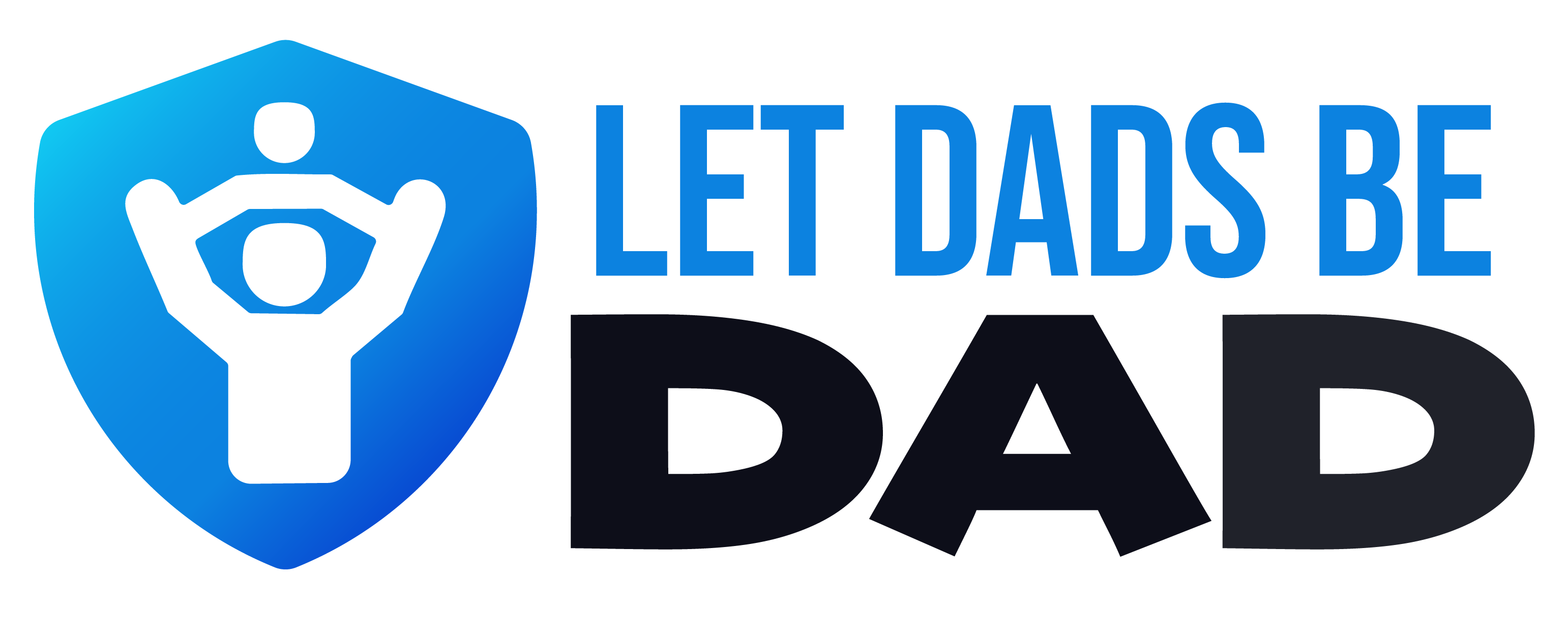This Is How Women Define The “Perfect Partner”
— MoMo Productions/DigitalVision/Getty Images
It’s a common rom-com trope that women are puzzling creatures who have high expectations and elusive requirements for the “perfect” partner. Entire industries and millions of words have been dedicated to illuminating the mystery, from 1897’s Cyrano de Bergerac to 2000’s What Women Want, in which Mel Gibson suddenly gains the ability to read women’s minds. But new data reveals that the answer is not that complicated, after all.
A multinational research team from the University of Göttingen, Indiana University, and Queen’s University Belfast set about to answer the unanswerable: What do women actually want in a partner? They collected data from nearly 20,000 straight, bisexual, and lesbian women between 18 and 67 from around the world. Participants were asked to rate the importance of attractiveness, kindness and supportiveness, financial security and success, education, and intelligence, and to specify a range of ages they would accept in a partner. Their results were published in the journal Human Nature.
After analyzing the data, the team was able to pinpoint a few characteristics that make up the ideal partner for most women. The groundbreaking answer? Mainly, women want their partners to be nice. Of course, it’s a little more nuanced than that, but essentially, kindness counts for a lot.
Women of all ages reported that the ideal partner would be both kind and supportive — in the long run, nice guys definitely don’t finish last — though straight women age 28 and younger placed most emphasis on finding a partner who wanted to become a father.
“What was particularly interesting for us is that for heterosexual women up to the age of 28, the importance of the ideal partner wanting to be or become a father remained equally high but decreased thereafter,” explained Laura Botzet from Göttingen University’s Department of Biological Personality Psychology.
The team initially thought that women up to age 40 or so would be more concerned with reproductive intentions but concluded that women in their 30s and beyond either already had kids or had decided not to have kids, so a partner who wanted children was less important.
“Love, it turns out, is not entirely ageless; it’s nuanced. A woman’s age is related to certain aspects of her desired partner, such as the preference for partners with stronger parenting intentions or the ideal age of a partner,” Botzet added. “These insights are exciting because they challenge conventional notions of how age is linked to the way women picture the partner of their dreams.”
Other interesting findings? Older women were also more likely to be accepting of a wider age range: While women in their 20s reported wanting a partner close to their age, women between 50 and 60 reported accepting partners 10 to 15 years younger than themselves.
It bears repeating that, regardless of other findings, the desire for a kind and supportive partner ranked consistently high among age groups and other demographics. So shoot your shot, but be nice. And if you already have shot your shot — keep being nice. It goes a long way.


